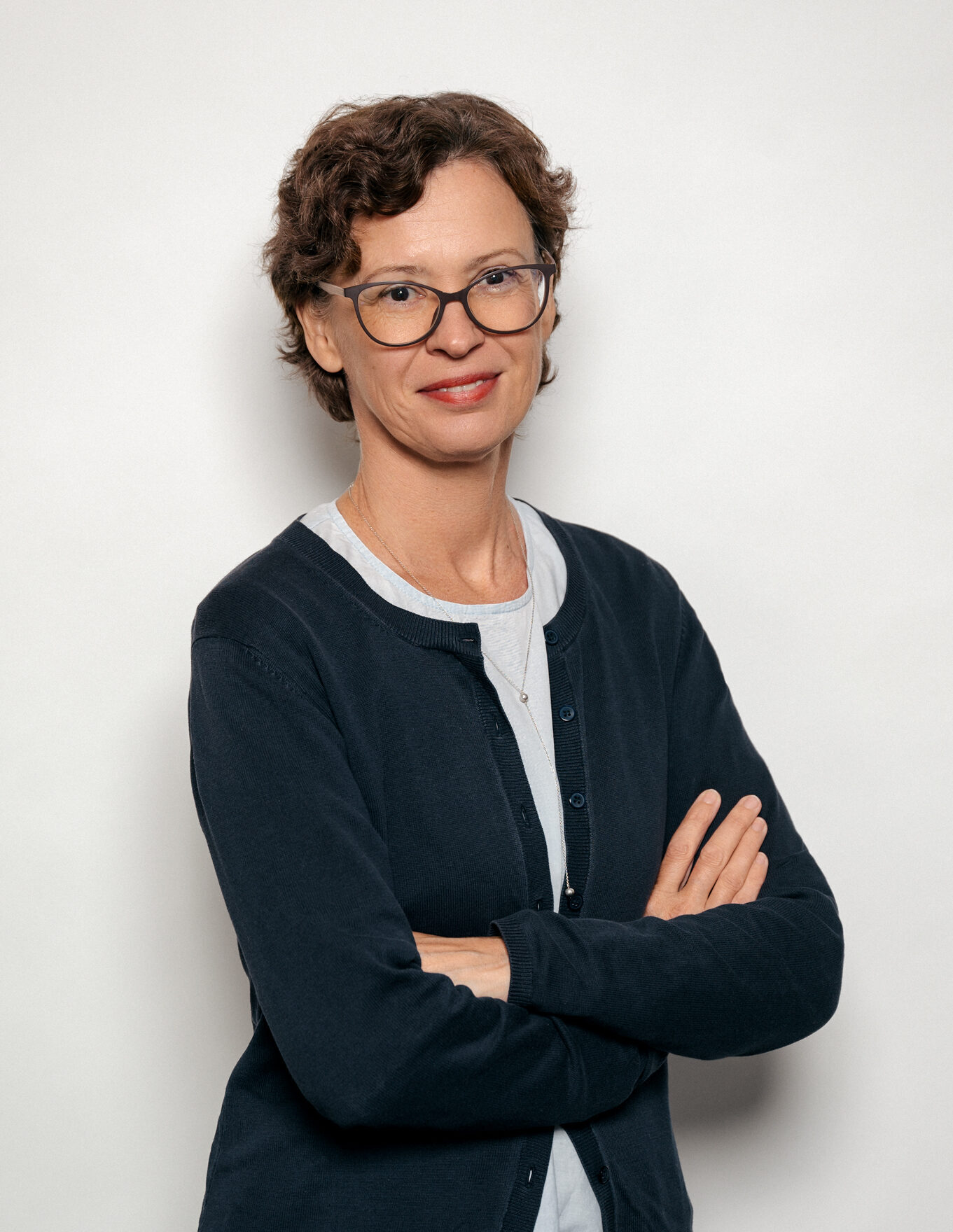The meeting, organised on the joint initiative of Finland and Åland, was hosted by Finland’s Minister of Science and Culture Mari-Leena Talvitie. In addition to the Ukrainian Minister of Culture, the meeting was also attended by the ministers responsible for culture in Denmark (Jakob Engel-Schmidt), Iceland (Logi Einarsson), Norway (Lubna Jaffery), Sweden (Parisa Liljestrand), Åland (Annika Hambrudd), the Faroe Islands (Eirikur í Jákupsstovu), Estonia (Heidy Purga), Latvia (Agnese Lāce), and Lithuania (Šarūnas Birutis).
The meeting was informal in nature with no formal decisions made. The intention was to continue the discussion started at the ministerial meeting and related conference held in Stockholm last year. Another item on the agenda was how to further strengthen regional co-operation between the Nordic and Baltic countries and Ukraine on resilience and the protection of and accessibility to cultural heritage.
Building on the joint declaration
Last year, the Nordic and Baltic ministers adopted a joint declaration entitled Nordic-Baltic ministerial declaration on the role of culture and cultural heritage for democratic and resilient societies. In the declaration, the ministers condemn Russia’s military aggression against Ukraine and its violation of Ukraine’s sovereignty, destroying and damaging Ukraine’s cultural, historical and religious sites, and cultural heritage.
At a roundtable discussion, the ministers received information on the critical situation in Ukraine. In addition, emphasis was placed on the measures that each country is prioritising in order to protect cultural heritage during a crisis or war and on the link between the protection of cultural heritage and national defence.
“Lithuania views the protection of cultural heritage as a vital pillar of national security. While we have developed a solid national and institutional preparedness framework, the realities of today’s threats – particularly in light of Ukraine’s experience – underscore the urgent need for deeper international cooperation and more effective coordination within the Nordic-Baltic region. By sharing knowledge and strengthening inter-institutional ties, we can better equip ourselves to face the challenges ahead,” said Lithuania’s Minister of Culture Šarūnas Birutis.






